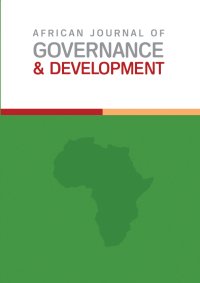Democratization “Without Political Parties”: The Nigerian Example
Main Article Content
Abstract
Political parties are globally recognized as agents of democratization. Against this background, this paper interrogates the centrality of political parties in Nigeria’s democratization process. Focusing on the country’s fourth republic that began in 1999, the roles of political parties in the transition from one government to another within the period under review were appraised. Through content analysis of data obtained from secondary sources and observation, the paper analyzed how political parties have distorted
democratic consolidation in Nigeria. It is argued that given their nature, character and activities, the recognized and registered political platforms for contesting elections in the country could hardly be described as political parties in the real sense of the word. This is attributed to the challenges associated with the constitutional provisions for evolving political parties and antics of the ruling class in the country, thus, providing a premise for the emergence of these political associations and boost their activities. Furthermore, we analyzed attempts at addressing these challenges and why they appear to be intractable. In conclusion, the paper suggests that unless the relevant constitutional provisions are improved to promote the formation of political parties (in the real sense of the word),
democratic consolidation may remain an illusion as the country experiences transition from one government to another.
Article Details

This work is licensed under a Creative Commons Attribution-NonCommercial-NoDerivatives 4.0 International License.
